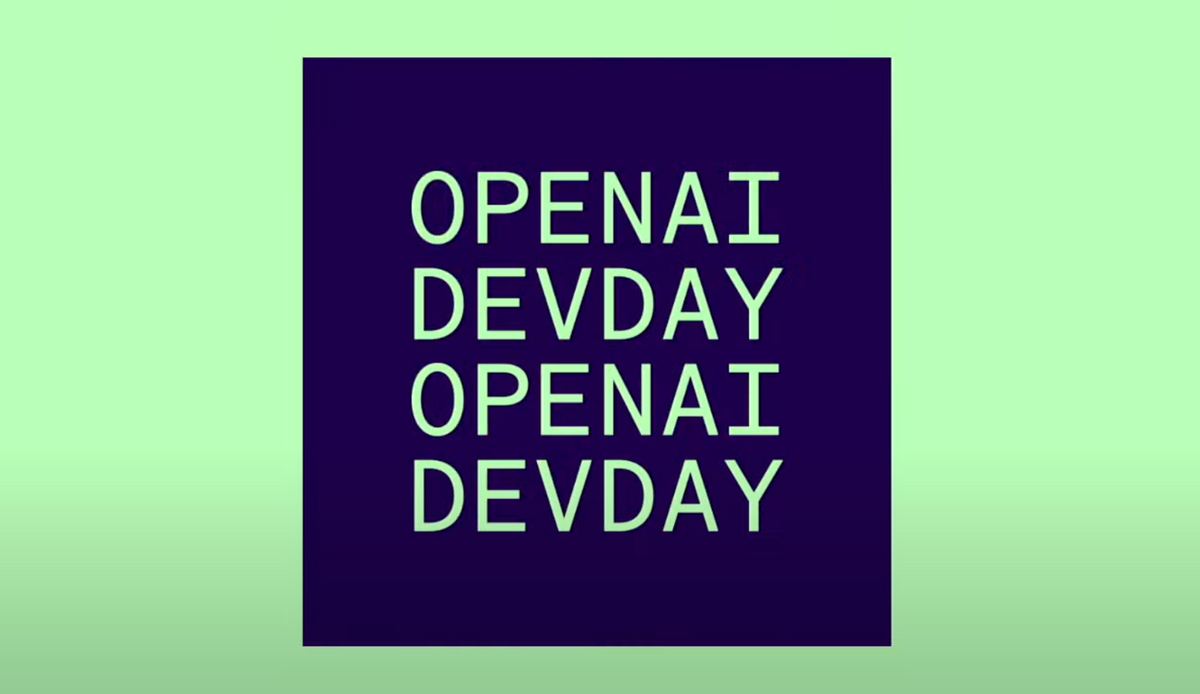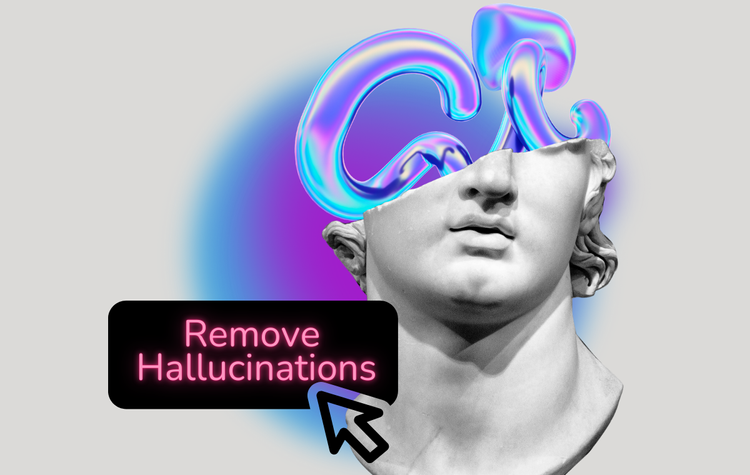Welcome, GPTs
OpenAI’s GPTs will allow both consumers and enterprises to build tailored versions of ChatGPT. But Gleen AI is still the leading solution for enterprise-grade generative AI.

Today, OpenAI unveiled GPTs at their DevDay. See OpenAI’s blog post here. In addition, it also announced a new GPT-4 model along with developer APIs.
First, GPT-4 Turbo
Before we talk about GPTs, let me quickly share our thoughts on GPT-4 Turbo.
We’re excited by the availability of a GPT-4 Turbo with a 128K token length. This will improve the quality of responses significantly. First, this will make it easy for us to support new languages (e.g., Japanese) where the token requirements are higher. Second, we can send more relevant documents to OpenAI to find an answer.
Now, GPTs
With respect to GPTs, these allow users to customize ChatGPT for a specific purpose. Specifically, users can:
- Create new versions of ChatGPT in a no-code environment
- Supplement GPT-4’s knowledge with additional, proprietary files
- Be granted access to web browsing, DALL-E (for image generation), and Code Interpreter (for math and data analysis)
- Define custom actions (or functions) by making one or more APIs available to the GPT. For example, GPTs can be connected to databases, emails, and calendars, and actions could include looking up a database entry, updating a map, or sending a message to someone.
- Publish the GPT privately, publish internal-only GPTs (for enterprise customers), or publish the GPT to the GPT Store and monetize your GPT via OpenAI revenue sharing.
- Achieve all of the above via the Assistants API.
Why GPTs?
Per the Verge, custom GPTs help OpenAI compete with other AI bot platforms like Character.ai and Meta, which launched AI personas on WhatsApp, Instagram, and Messenger.
Enterprises can also deploy internal-only GPTs to do things like “craft marketing materials embodying their brand, aid support staff with answering customer questions, or help new software engineers with onboarding,” according to the OpenAI blog post.
Our thoughts on GPTs
GPTs will have a significant impact on the consumer market, and the GPT Store is already drawing parallels to Apple’s AppStore. (Many people are speculating that OpenAI can and will eventually introduce a smart phone full of AI applications.)
We also think GPTs are a great way for enterprises to familiarize themselves with generative AI and GPT-4 APIs. Enterprises can build simple internal utilities with GenAI and become more comfortable with GenAI.
However, when it comes to building enterprise-grade, mission-critical applications with generative AI, companies will still need the likes of Gleen AI.
Why?
Gleen AI doesn’t hallucinate.
ChatGPT hallucinates. GPTs are essentially different “skins” for ChatGPT. As a result, GPTs will also hallucinate.
Per OpenAI, “Retrieval augments the assistant with knowledge from outside our models, such as proprietary domain data, product information or documents provided by your users.” The keyword here is “augment” rather than “restrict.”
For enterprise chatbot deployments where response accuracy is extremely important (which is almost all applications – customer service, marketing, sales, legal, IT help desk, etc.), GPTs will not be a viable enterprise solution as they can still use their knowledge from outside the domain.
Serious enterprises will still need to turn to Gleen AI for serious generative AI solutions that don’t hallucinate.
Watch this video to see Gleen AI vs. a GPT trained on the same knowledge. The GPT hallucinates, but Gleen AI doesn't.
In addition to no hallucination, Gleen AI also features:
- Multi-modal knowledge ingestion
- The ability to easily upload a proprietary knowledge base and automatically update it
- Integrating a chatbot into multiple support channels, and
- Integrating a chatbot seamlessly into a number of different enterprise systems
As businesses get their hands dirty with GPTs, they will increasingly appreciate the wide variety of problems that (highly accurate) chatbots solve.
At Gleen, our mission is to delight your customers. We do it by building experiences on top of LLMs that automate workflows for you and your customers. For AI platforms like ChatGPT, the best alternative for enterprises is still Gleen AI.
Request a demo of Gleen AI now. Or create your own generative AI chatbot for free now.



